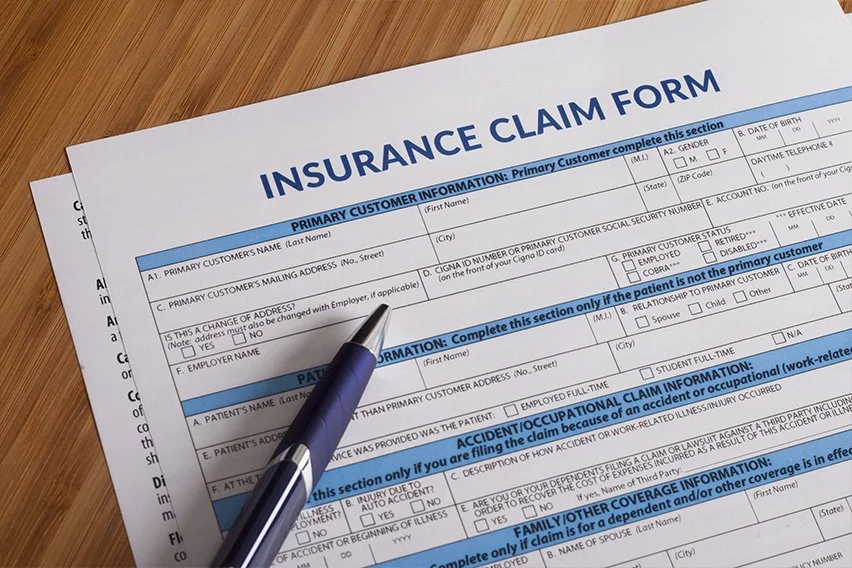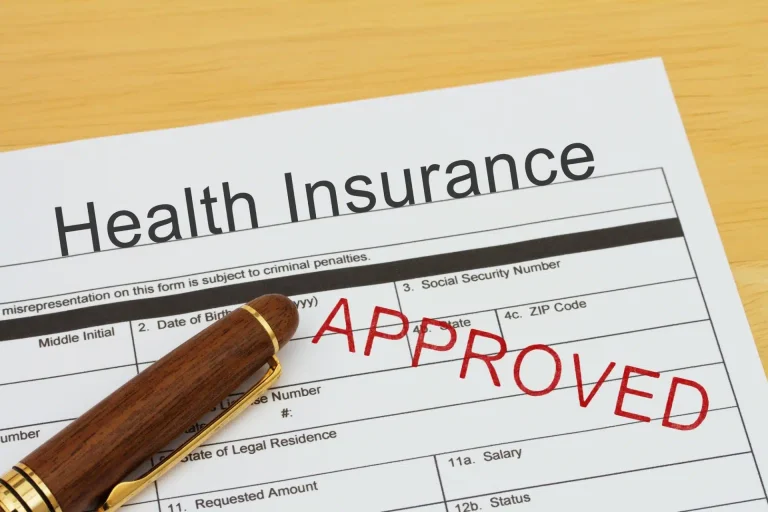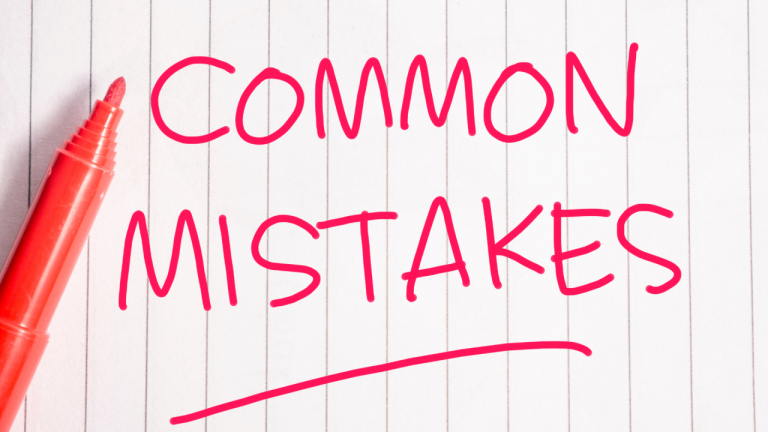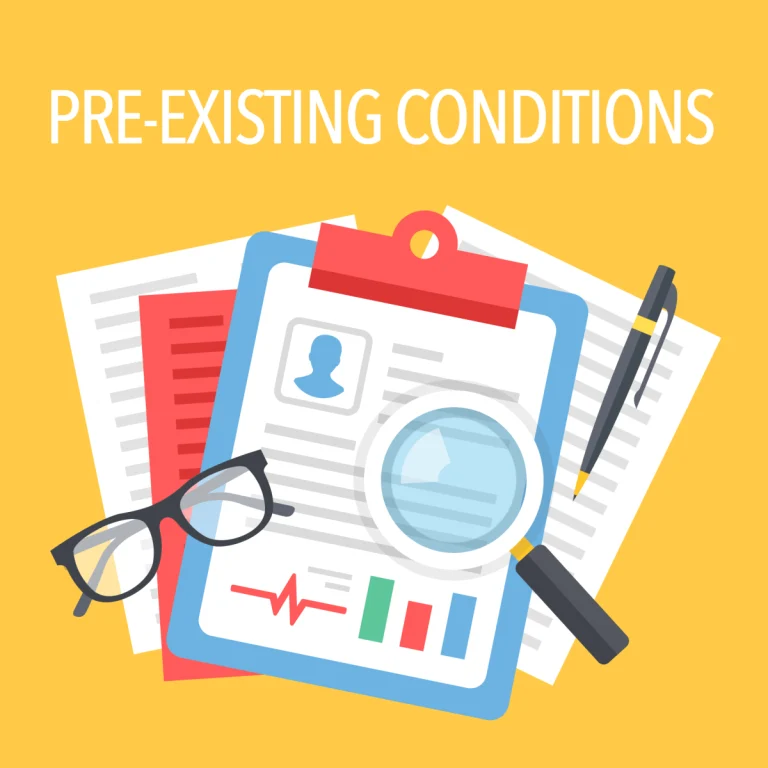Insurance Claims: How to File and Get Approved
Insurance can be a godsend when an accident occurs or during sudden illnesses and damages. It is usually the insurance claim that can be an onerous task to follow. When it comes to auto, homeowners, or health insurance, learning how to submit and get your claim approved plays a big role in experiencing everything with ease.
In this article, we will look at how to file an insurance claim effectively and what steps to take to ensure approval. We’ll also look at the types of insurance policies everyone should know to help you navigate through the world of insurance more easily.
What is an Insurance Claim?
An insurance claim is a formal request by the policyholder to the insurance company for compensation based on a covered loss. Depending on the type of insurance policy you have, a claim could relate to a car accident, a medical procedure, property damage, or even the death of a loved one.
Filing a claim is the process that allows you to get paid or service under your insurance policy. While the process may vary for different types of insurance and different insurance providers, most follow these steps:
1. Reporting the Incident
2. Submission of Documentation
3. Claim Evaluation
4. Approval or Denial
Types of Insurance Policies Everyone Should Know
Before getting into how to file and get an insurance claim approved, it is important to know the different types of insurance policies that exist. These are the most common types of insurance that people encounter:
1. Health Insurance
Health insurance pays for medical treatment in cases of sickness, accidents, and other health conditions. It may also include doctor visits, hospital confinement, surgical procedures, and prescription drugs. It is important to understand your health insurance policy, including deductibles, co-pays, and out-of-pocket limits.
2. Auto Insurance
It requires the owning of an insurance policy against traffic accidents, car theft, and damage by car owners. Auto insurances are grouped into various classes, namely liability, collision, and comprehensive. Understanding your auto insurance policy allows you to properly file for a claim should an accident occur.
3. Homeowners Insurance
Homeowners’ insurance pays for damage to your home due to such incidents as fire, storms, or burglary. This generally includes property damage cover, liability cover, and personal property protection. It is vital to understand what is covered under your homeowners’ policy to avoid surprises at the time of claim.
4. Life Insurance
Life insurance is a policy that allows your beneficiaries to receive a financial benefit in the event of your death. It is important for your loved ones to cover funeral costs, debts, and on-going living expenses. Life insurance is available in a variety of forms, including term life and whole life insurance, and knowing the fine print of your policy will be important when filing your claim.
5. Disability Insurance
Disability insurance helps provide financial support in the case of inability to work because of illness or injury. It replaces a portion of lost income during a recovery period. There are short-term and long-term disability policies, and knowing the differences can help you get the most out of your policy when filing a claim.
6. Renters Insurance
Renters insurance covers your personal belongings in case of damage, theft, or loss. It also typically includes liability coverage if someone is injured on your rented property. Many people overlook renters insurance, but it’s an important policy to consider if you’re renting a home or apartment.
How to File an Insurance Claim
The process of filing an insurance claim may vary, but the following steps will help you understand what generally happens in the process.
1. Know Your Policy Details
Read your insurance policy to understand its terms and conditions before filing a claim. Check your coverage limits, exclusions, and the claim submission procedures. This is where knowing the types of insurance policies everyone should know comes in handy. Knowing your policy saves you from falling into several traps that would see the claim denied.
2. Contact Your Insurance Company
As soon as an incident occurs, the first step is to contact your insurance provider. Most companies have 24/7 customer service lines for reporting claims. Be prepared to provide your policy number and the details of the incident. If it’s an emergency, make sure to report it immediately.
3. Gather Necessary Documentation
To support your claim, you’ll need to gather relevant documents. These may include:
- Police reports, in case of accidents or theft
- Medical records, if the claim is health-related
- Photographs of damages or losses
- Receipts for repairs or replacements
- Witness statements, if applicable
The more detailed your documentation, the smoother the process of claiming will be. This is particularly true for complex claims, like health or auto insurance, which require minute details that may affect your claim.
4. Submit the Claim Form
Most insurance companies will ask you to fill out a claim form. This form will ask for information about the incident, the damages or injuries, and your policy details. Make sure to fill out the form completely and accurately to avoid delays.
5. Work with an Adjuster
Once you have filed your claim, your insurance company will most likely send out an adjuster to assess the damage or loss. The adjuster will investigate the incident, review your policy, and assess the validity of your claim. They may request additional documentation or conduct interviews.
6. Follow Up
After filing the claim, regular follow-up is vital to ensure the process is running smoothly. In case any delay or requirement of documents arises, provide them as quickly as possible to speed up the approval process.
Why Insurance Claims are Denied: Common Reasons
Even following all the steps correctly, there are times when your insurance claim might be denied. Given below are some common reasons for denials:
1. Failure to Meet Policy Requirements
Each insurance policy has certain prerequisites that need to be met before the claim can be approved. For example, in case your auto insurance policy limits liability for accidents to certain geographical areas, filing a claim for an accident that occurs outside that area may get rejected. Knowing the types of insurance policies everyone should know would prevent you from filing claims for those incidents that are not covered.
2. Insufficient Documentation
The provision of sufficient proof of loss or damage is important. Mostly, those claims that lack such documentation or evidence get rejected. Always keep records of repairs, medical bills, and police reports.
3. Missed Deadlines
All the companies have a clause in policy or a certain timeframe in which filing of claim has to be done; else, if not filed in the respective duration, it is denied. File the incident quickly and observe your deadlines.
4. Exclusions
Every insurance policy carries exclusions-the specific situations or events that aren’t covered. For instance, most health insurance policies will not cover elective cosmetic procedures, while some home insurance policies do not include flood damage. Reviewing the types of insurance policies everyone should know will help in understanding what is and is not covered.
5. Pre-existing Conditions (Health Insurance)
Health insurance claims may be rejected on the basis of a pre-existing condition that is excluded from your policy. It is always advisable to disclose any relevant health history when applying for health insurance, so you are not in for a surprise when you file a claim.
How to Get Your Insurance Claim Approved
In most cases, getting your insurance claim approved is about following the right procedures and providing the necessary information. Here are some tips to increase your chances of approval:
1. Know Your Coverage
Knowing your coverage inside and out is key to a successful claim. This means understanding what’s included, what’s excluded, and any conditions or limitations. Insurance policies that everyone should know are crucial in ensuring you don’t file claims for things that your policy won’t cover.
2. Accurate and Complete Information
When filling out your claim form, be as descriptive and accurate as possible. Do not leave out important information, as this might delay or deny your claim. Double-check facts and figures before submission.
3. Cooperate with the Adjuster
Be available to the insurance adjustor and cooperate with any investigation by them. If they require further information or documents, avail them as soon as possible. This may help in expediting the approval process.
4. Appeal if Denied
If your claim is denied, you have the right to appeal. Read the denial letter carefully; understand the reason for the denial and gather any additional evidence to support your case. Also, if you need to, make sure to ask questions and/or request help from your provider.
Conclusion
Filing an insurance claim can be daunting, but with the right steps and understanding of the types of insurance policies that everyone should know, you will find it easier to navigate. Remember to gather all necessary documentation, understand your coverage, and be proactive throughout the process. If your claim is denied, don’t give up-you can always appeal.
Insurance is designed to protect you when you most need it, and the know-how in filing for it and having your claim approved is fundamental to getting the support you are due. Keep your policy on hand, stay organized, and follow up for success on the claims process.





